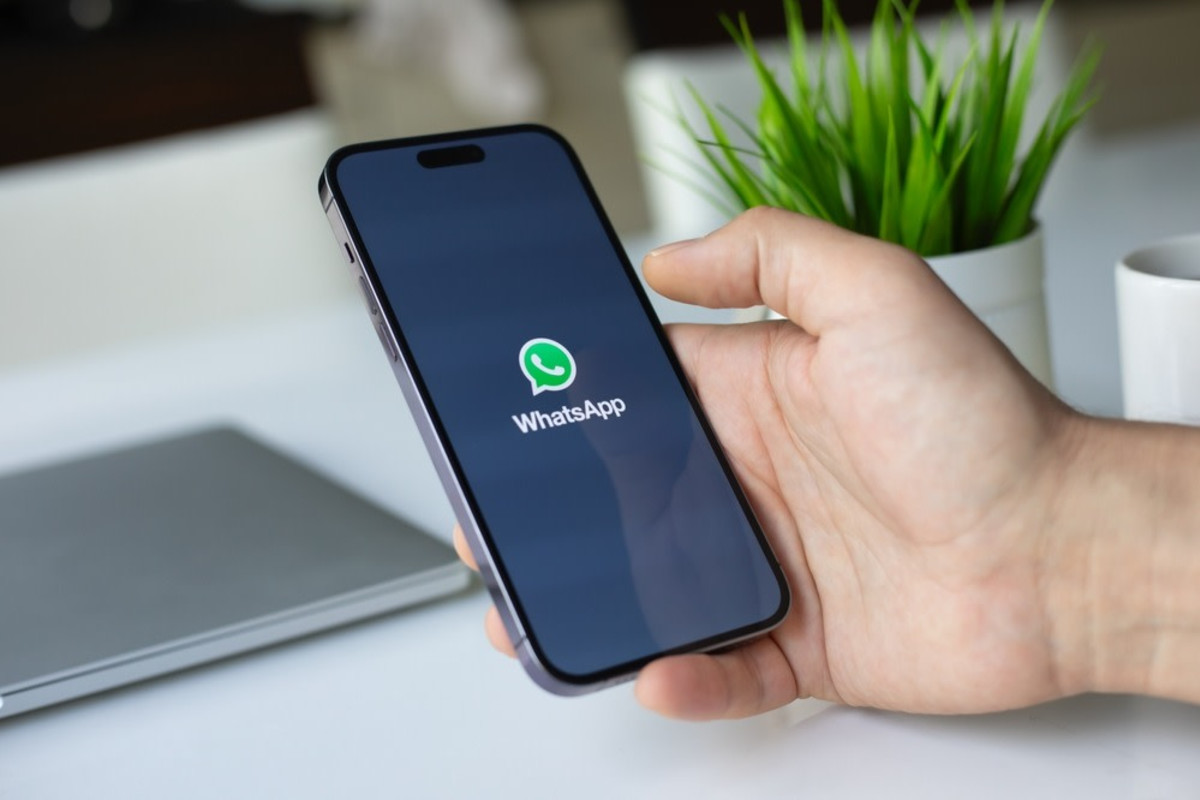Meta finally reveals the chats to its third party: WhatsApp is in the final stages of preparations to open the messaging application for messages to other chat applications such as Messenger and Apple’s iMessage. It is still unclear whether messages will also be allowed for the Telegram application, which is considered less secure. As you may remember, the CEO of Telegram was arrested last week in France due to the lack of control of alleged criminal content in Telegram.
According to Meta it “has gone above and beyond the basic features required for mutual messaging” and will offer rich messaging features such as comments, direct replies, typing indicators and read receipts. WhatsApp will also include the possibility to create groups with other people in chats of other applications, and support for video calls of users in other applications.
The move is part of the European Union’s Digital Markets Act that came into force a few months ago. Companies like Meta are required by the new regulation to open their products to competitors. Accordingly, this year Apple was fined the highest amount imposed on a technology company – 1.84 billion euros, as a punishment for preventing its customers from signing up for Spotify and other streaming services outside of its app store, while requiring the collection of a 30% commission from each such request.
The move means you can view messages sent from other apps, even if they don’t have them on your phone. The mutual messaging systems must maintain end-to-end encryption. In this aspect, the other messaging apps from Meta – Instagram and Facebook Messenger, will not be an obstacle and they have adapted themselves to WhatsApp’s encryption. However, external applications such as Signal (which is admittedly less popular in Israel) and iMessage – the iPhone’s SMS software, will also have to adapt the encryption codes to those of WhatsApp.
In the meantime, last September it was reported that Meta is testing the WhatsApp version for iPads: from the first screenshots that were released to the network, the connection to the iPad version is similar to connecting to WhatsApp on the computer and is done by scanning a QR code, after which the WhatsApp application connects directly to the personal account with its size adapted to the screen of the Apple tablet, without the need to connect another one. WhatsApp’s iPad application is expected to include all the familiar features, including the option of phone or video calls.
There are some hurdles it will have to overcome, as other companies that want to integrate with WhatsApp and Messenger will have to use the same signaling protocol to keep messages private. In a copy of the agreement that third-party apps must sign, Meta says it will make the signaling protocol available to partners upon request.
